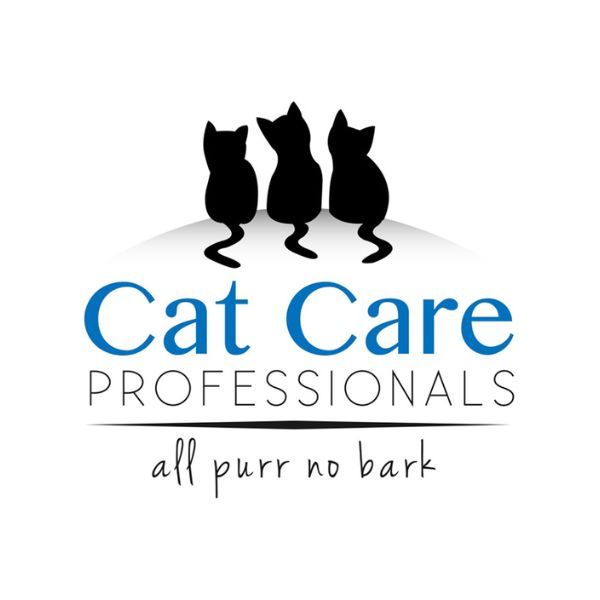Exploring the Causes of Stinky Cat Breath
Did you know cats aren’t supposed to have bad breath? While you wouldn’t expect it to be minty fresh, unpleasant smells often indicate a problem. Up to 90% of cats will have dental health problems, which can cause pain, infections, and loss of teeth, among other things. For this reason, we recommend that cats have their mouth regularly examined by a veterinarian. (At CCP, all of our exams also include an oral exam!) Just like humans, taking good care of your cat’s teeth is an important part of maintaining their overall health.

What causes bad breath in cats?
Causes of bad breath in cats include:
- Poor oral hygiene
- Something stuck in their teeth or under their gums
- Build-up of plaque and tartar
- Gingivitis
- Periodontal disease (most common)
- Infections
- Abscess
- Sores
- Mouth injury
- Tooth resorption
- Mouth cancer
Other Causes
- Can also be a sign of other issues such as kidney disease, liver disease, problems in the gastrointestinal tract (i.e. a blockage), diabetes, respiratory problems, or skin issues
When should I see my vet?
Between routine visits, check for the following warning signs:
- Persistent bad breath
- Sweet odor on cat’s bad breath
- Urine/ammonia odor on cat’s breath
- Red and/or swollen gums
- Ulcers on the gums
- Discolored teeth
- Teeth covered in tartar
- Loose teeth
- Excessive drooling
- Bleeding from the mouth
- Dropping food from the mouth
- Pawing at the mouth
- Shaking their head
- Decrease in appetite or reluctance to eat kibble
Unfortunately, the warning signs may not be obvious. Most cats don’t show any signs at all, even when they’re in pain. For this reason, cats should have an oral exam at least once per year.
How can I prevent my cat from having bad breath?
- Don’t skip routine exams
- Ensuring your cat receives regular veterinary care helps to maintain their overall health and allows you to catch and treat problems early.
- Start an at-home dental care routine
- Brushing your cat’s teeth every day is one of the most effective ways to prevent future problems.
- It’s easier to start brushing their teeth when they’re young, but many cats can be started on it as adults too. Just go slow and never force it. It’s not worth putting yourself in a dangerous situation and getting bit.
- Note: If your cat has any existing problems, this might be painful for them so make sure your cat has a check-up with their vet before you start brushing their teeth.
- Once your vet has examined your cat and said it’s safe to brush their teeth, start by keeping the sessions short and always stay positive.
- It’s also important that your cat associates brushing their teeth with something they enjoy, like getting their favorite treat.
- To get started, check out this short video series by Cornell University’s College of Veterinary Medicine. It’s an excellent resource for learning how to brush your cat’s teeth.
- Remember: Only use products that are made for cats. Toothbrushes designed for cats are smaller and have softer bristles or are made to wear over your finger, and always use a toothpaste made for cats because products for humans can be toxic.
- Lastly, we recommend using a water additive, such as Healthy Mouth, to help reduce plaque.
My vet said my cat needs to have dental work. What does that entail?
While it’s important to take care of your cat’s teeth at home, they still need to see their vet for a cleaning from time to time, just like humans. At CCP, we offer dental procedures that include:
- Pre-anesthetic bloodwork
- Anesthesia with a dedicated monitor
- IV fluids under anesthesia
- Oral evaluation by a veterinarian
- Dental x-rays
- Cleaning with ultrasonic scaling and polishing
- Fluoride treatment
- Antibiotic injection
- Pain medication injection
- Anal sac expression
- Toenail trim
- Any other necessary treatments such as extractions
If you have further questions or concerns about your cat’s teeth, we welcome you to contact us at our Portland area veterinary clinic and boarding facility at (503) 968-6000 or schedule an appointment online. We look forward to hearing from you!

